- menu title
-
Custom Menu
add remove
-
Navigation
add remove
-
menu title
add remove
-
menu title
add remove
-
menu title
add remove
-
menu title
add remove
-
menu title
add remove
- menu title
-
Custom Menu
add remove
- Navigation add remove
-
menu title
add remove
-
menu title
add remove
-
menu title
add remove
-
menu title
add remove
-
menu title
add remove
Guidelines for the Development of Shipboard Marine Pollution Emergency Plans (SOPEP), 2010 Edycja
Regulation 37 of Annex I of MARPOL requires that oil tankers of 150 tons gross tonnage or more and all ships of 400 tons gross tonnage or more carry an approved shipboard oil pollution plan (SOPEP). The International Convention on Oil Pollution Preparedness, Response and Co-operation, 1990, also requires such a plan for certain ships.
Regulation 17 of Annex II of MARPOL makes similar stipulations for all ships of 150 tons gross tonnage and above carrying noxious liquid substances in bulk: they are required to carry on board an approved marine pollution emergency plan for noxious liquid substances. The latter should be combined with a SOPEP, since most of their contents are the same and the combined plan is more practical than two separate ones in case of an emergency. To make it clear that the plan is a combined one, it should be referred to as a shipboard marine pollution emergency plan (SMPEP).
The Guidelines for the Development of Shipboard Marine Pollution Emergency Plans have been developed by IMO to help Administrations and shipowners meet these requirements. Specimen formats are included.
References in this edition have been updated to reflect revised Annexes I (regulation 37) and II (regulation 17) of MARPOL.


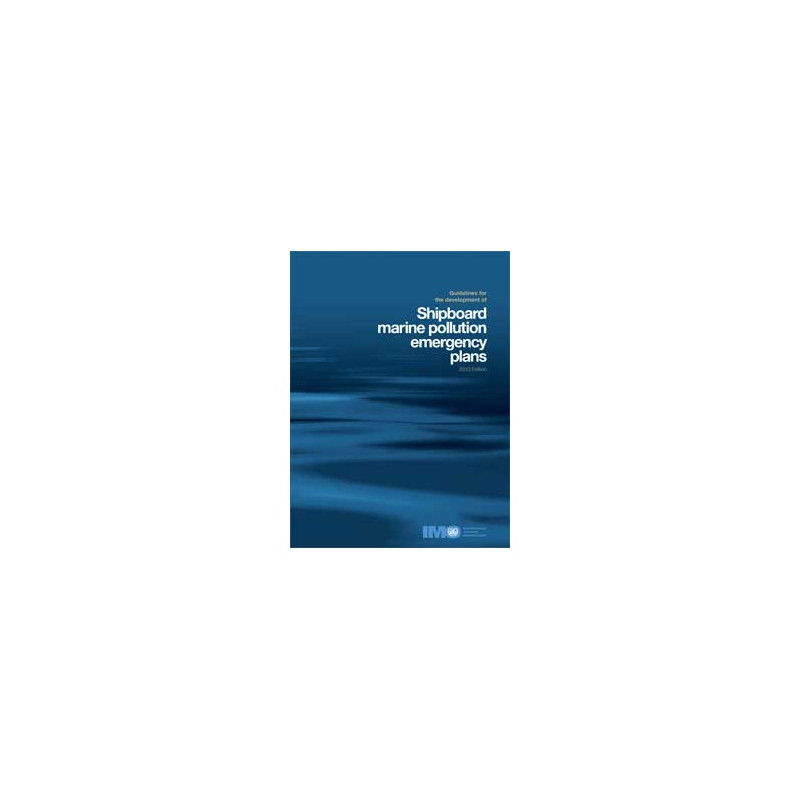

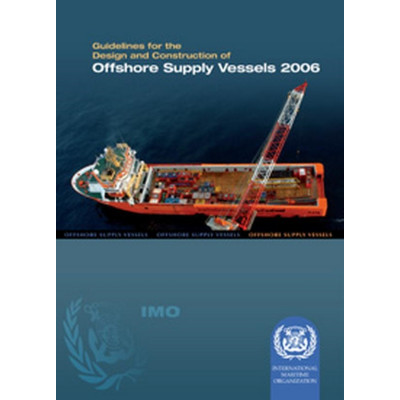
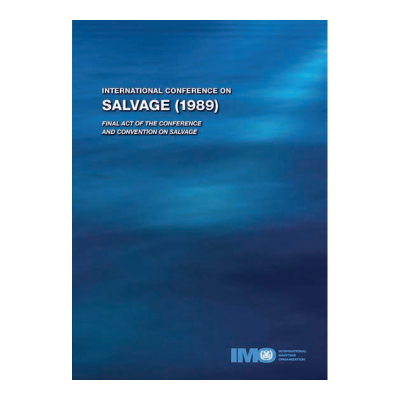
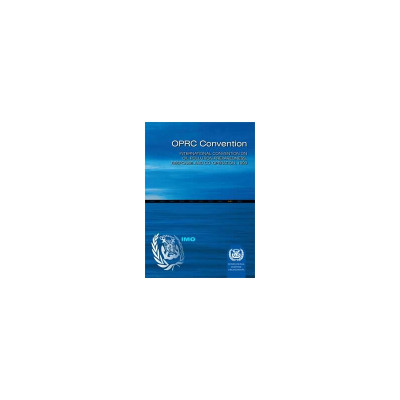
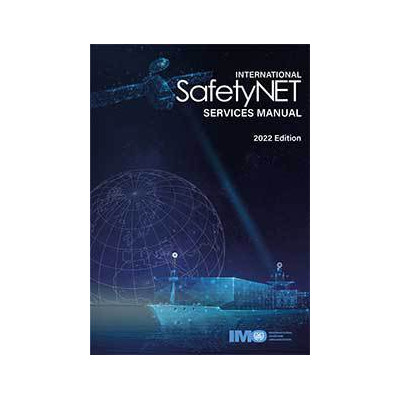
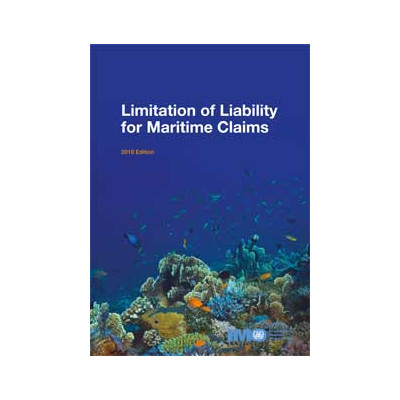
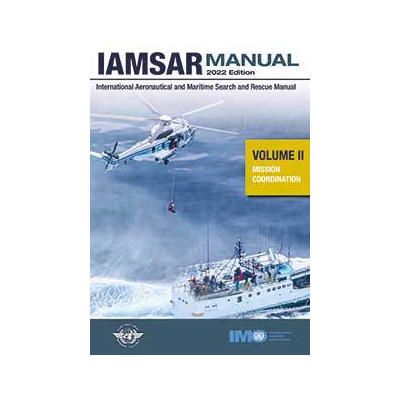
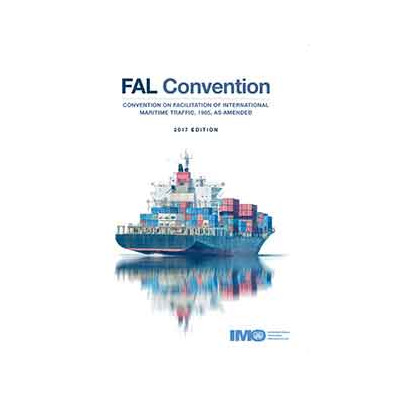
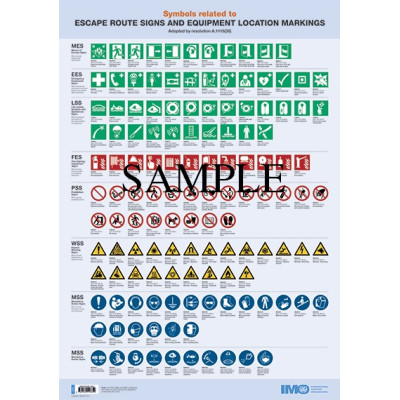
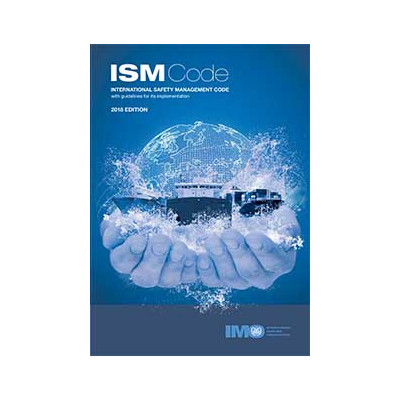
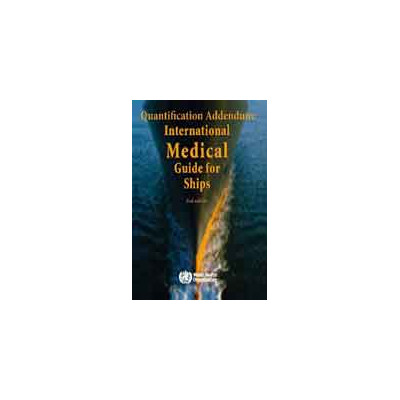

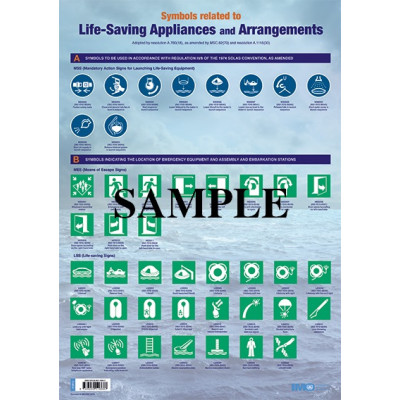
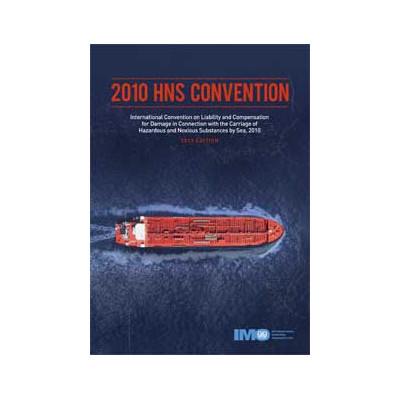

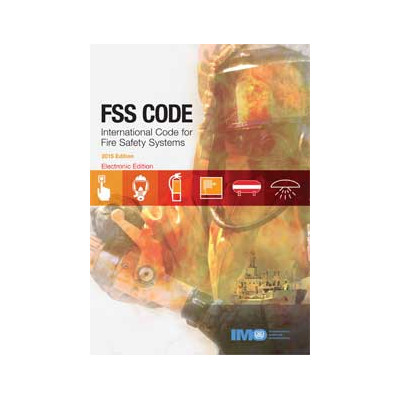
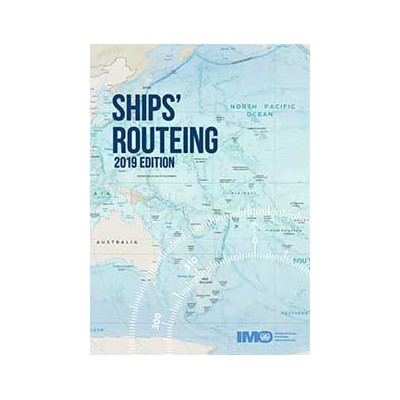
 Cookies
Cookies